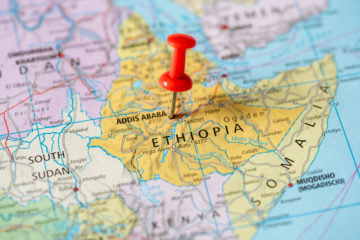
How Natural Resource (Mis-)management in the Nile River Basin May Threaten Stability
As the Grand Ethiopian Renaissance Dam (GERD) nears completion, the Nile River Basin is at a crossroads. The next few months will be consequential for relations between countries in the river basin—notably Ethiopia, Sudan, and Egypt—because dam management upstream could have consequences for the supply of water downstream. Although the three countries began discussions after the project was announced in 2011, they have yet to reach an agreement on how the new reservoir should be filled and managed. Despite the absence of an agreement, Ethiopia intends to begin filling the reservoir this July. This article describes the competing perspectives between countries, explains reasons for the lack of an agreement, and provides recommendations for addressing the challenges of the GERD. If …
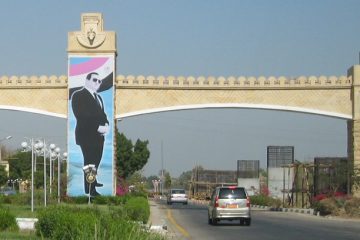
What Mubarak’s acquittal means for Egypt
On 13 March 2017, the legal saga of the trial of Hosni Mubarak ended. The deposed autocrat, who was convicted and sentenced to life in prison for his complicity in the killing of hundreds of demonstrators and embezzlement on a grander scale, was acquitted by Egypt’s Court of Cassation and freed from his detention. “The trial of the century”, as Egyptians have dubbed Mubarak’s prosecution, began soon after millions of Arabs took to the streets all over the Middle East, and it was concluded against the backdrop of the deep frustration of most from the results of the Arab Spring. This legal ordeal is but one prominent manifestation of the decisive role that the legal system played during the struggle …
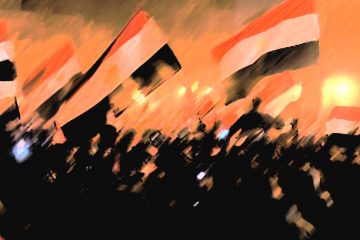
Contested Constitutions: A Microcosm of post-Arab Spring Divisions
Five years after Mohamed Bouazizi’s self-immolation in Sidi Bouzid, Tunisia ignited the Arab Spring. Yet while it inspired hope for democratic transition across the Middle East and North Africa, the region continues to be embroiled in civil war, terrorist networks, and crises of political legitimacy. In Syria and Bahrain, dictators used violence to thwart protests, leading to a prolonged civil war in Syria. In Yemen, despite the dictator’s negotiated transfer of power, rival sectarians are vying for power. In Tunisia and Egypt, dictators stepped down without much bloodshed. Lastly, in Libya, rebels overthrew the dictator with foreign military aid, but soon succumbed to factional warfare. This article will explore the interlude of democratic or semi-democratic politics in Tunisia, Egypt and …
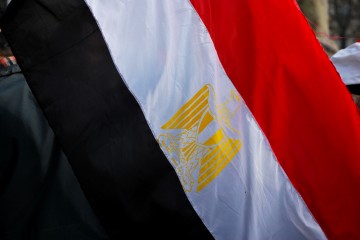
‘Defining the Civil State in Egypt’ Session 1: Religion and Politics in Egyptian Public Opinion
'Defining the Civil State in Egypt' Session 1: Religion and Politics in Egyptian Public Opinion
Play Episode
Pause Episode
Mute/Unmute Episode
Rewind 10 Seconds
1x
Fast Forward 30 seconds
00:00
/
Subscribe
Share
RSS Feed
Share
Link
Embed
Download file | Play in new windowPart of a seminar on the relationship between religion and politics in Egypt. Session 1 included two talks: ‘Religion and Politics in Egyptian Public Opinion, 2011-2015’ – Stephen Whitefield, Dr Mazen Hassan ‘Islam, Public Opinion, and the Public Role of Islam in Egypt’ – Dr Hisham Hellyer

The End of the Arab Spring
In December 2010, a revolutionary spark in Tunisia initiated what is now referred to as the Arab Spring. Since then, many countries across the broader Middle East have been swept up in uprisings that have led to fundamental shifts in Tunisia, Egypt, Libya, and Yemen. The same drive for change has also led to minor changes in Jordan, Morocco, and elsewhere.
These events have drawn the attention of many regional and international observers, experts, and scholars. In many circles, there was a widespread optimism with respect to the nature and course of the Arab Spring, and some observers held to the domino theory, that is, if one revolution took hold, others would follow. Indeed, these expectations and interpretations have been proven true to some degree. First, the contemporary Arab uprisings were able to put an end to dictators and quasi-dictators in Tunisia, Egypt, Libya, and Yemen, such that the deposed presidents and parts of their cliques were arrested (e.g., Egypt), accused of state crimes and corruption (e.g., Tunisia), or caught and murdered (Libya). Second, these events put these countries on a path toward political transformation. In this way, we have seen in the major Spring-nations the establishment of new political parties and elections. Due to the modification of whole regimes, these states have completed successful transitions; a significant first step toward democratization.
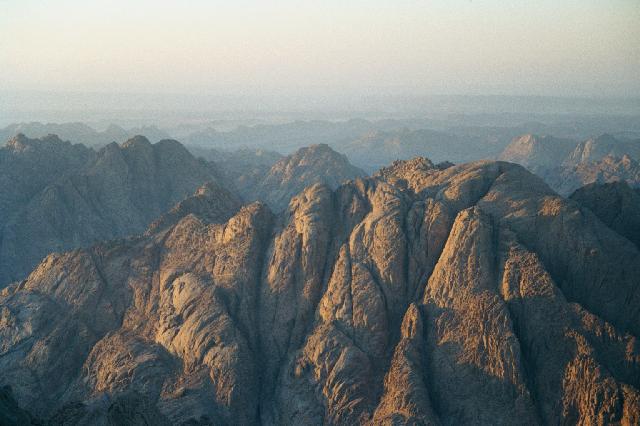
Egypt: The Middle East’s newest security threat?
Since the fall of President Mubarak, the Sinai has become an area of increasing lawlessness and instability. The region has turned into a base for drug smuggling, weapons smuggling, human trafficking, and a wide array of militant activity. The Sinai’s border with Israel and its proximity to the Suez Canal make it an area of vital strategic importance and its deterioration has the potential to threaten regional stability, the Egyptian-Israeli peace accords, and Cairo’s relations with the West.
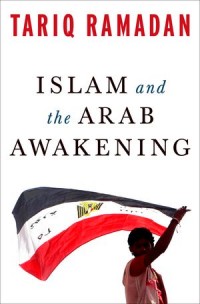
Islam and the Arab Awakening: Five things we should know about the Libyan and Egyptian demonstrations
We must start first by condemning the violence and killing of diplomats and civilian people. Whatever we may feel, however we may be hurt by the video, it cannot justify in any way the killing of people. Such actions are simply anti-Islamic and against Muslim values. The demonstrations were in fact first organised by a tiny group of Salafi literalists who were attempting to direct popular emotions against the United States and the West in order to gain for themselves a central religious and political role.
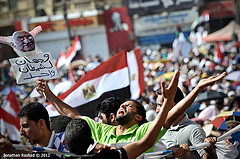
The Rising Brotherhood’s Wary Neighbours
After suffering decades of repression and forced to go underground, the recent election victory for Egypt’s Muslim Brotherhood has emboldened the movement to spread its influence in a region where mainstream political Islam has for so long been denied. At the same time, this is cause for much anxiety to the remaining despotic Arab regimes, particularly in the oil-rich Gulf. Even prior to the elections it was widely reported that the Saudi’s preferred an Egypt run by the remnants of Mubarak’s regime, such as Ahmed Shafik, than an Islamist candidate.[1] They fear that a brotherhood victory will not only embolden the already problematic Islamist opposition at home but also set the grounds for Egypt reclaiming leadership of the Islamic world, upstaging …









